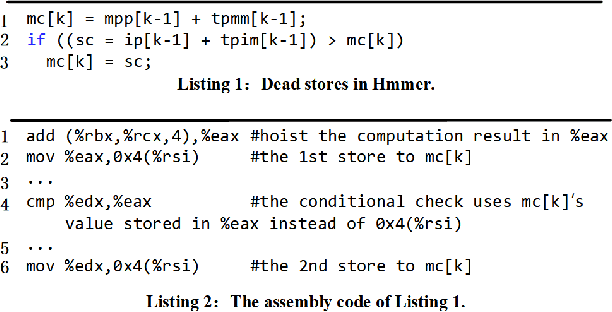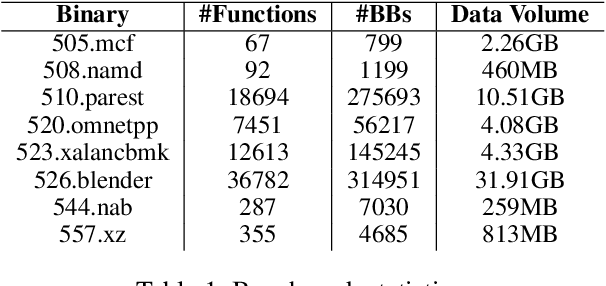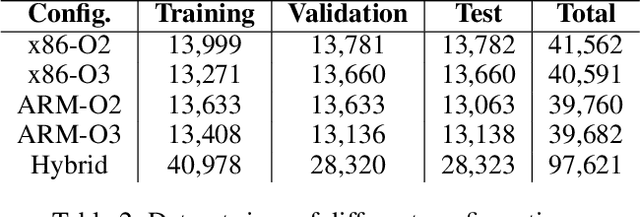GRAPHSPY: Fused Program Semantic-Level Embedding via Graph Neural Networks for Dead Store Detection
Paper and Code
Nov 18, 2020



Production software oftentimes suffers from the issue of performance inefficiencies caused by inappropriate use of data structures, programming abstractions, and conservative compiler optimizations. It is desirable to avoid unnecessary memory operations. However, existing works often use a whole-program fine-grained monitoring method with incredibly high overhead. To this end, we propose a learning-aided approach to identify unnecessary memory operations intelligently with low overhead. By applying several prevalent graph neural network models to extract program semantics with respect to program structure, execution order and dynamic states, we present a novel, hybrid program embedding approach so that to derive unnecessary memory operations through the embedding. We train our model with tens of thousands of samples acquired from a set of real-world benchmarks. Results show that our model achieves 90% of accuracy and incurs only around a half of time overhead of the state-of-art tool.
 Add to Chrome
Add to Chrome Add to Firefox
Add to Firefox Add to Edge
Add to Edge